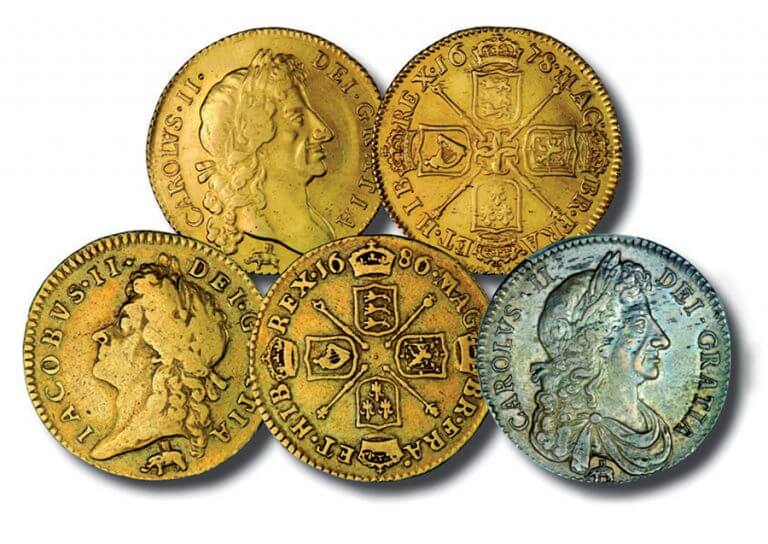- May 14, 2018
- By Liam Farrell
It’s the conundrum at the center of American history: How did a country formed around individual liberty and equality simultaneously depend on mass enslavement?
Some historians say it’s because colonial elites created a new exploited underclass to obtain the loyalty of disgruntled small planters and freed servants—that the rights of whites relied on blacks being in chains. Others say slavery was inevitable due to racist views embedded in Western society.

Holly Brewer, associate professor and UMD Burke Chair of American History, thinks neither narrative tells the whole story. After spending a decade combing through tens of thousands of documents in America, Scotland and England, Brewer contends that the British monarchy played a leading role in slavery’s creation and that historians have erroneously believed “the only things that mattered were happening on the ground in America.”
“(Slavery) is part of a thought-through and imperial plan for making England wealthy,” she says.
Supported by a Guggenheim Fellowship, her book, “Inheritable Blood: Slavery and Sovereignty in Early America and the British Empire,” is scheduled to be published next year, and was excerpted last fall in The American Historical Review.
In the article, Brewer discusses how the hereditary power of kings influenced justifications for slavery and the importance of royal “headrights,” which rewarded colonial settlers with land depending on how many slaves or indentured servants they brought with them. From marriage dowries to treaties and the appointment of colonial governors, Brewer argues that the English monarchy prioritized policies that encouraged the growth of large estates and bound labor in their new world empire, as well as access to the slave trade.
It’s no surprise then that Thomas Jefferson’s original draft of the Declaration of Independence blamed the king for “suppressing every legislative attempt to prohibit or to restrain this execrable commerce.”
“There was a strong imperial hand looking over their shoulder at every turn,” Brewer says.
Her work also highlights how slavery was vigorously debated. In her research, Brewer discovered a note by John Locke, an influential political philosopher and official, who scribbled “well done” next to a 1699 report about Virginia’s governor halting the headright system that rewarded planters for buying slaves. American democracy was born within those sorts of challenges, she says—not racist bargains between whites.
“It’s harder to come up with solutions (to slavery’s legacy),” she says, “if we don’t acknowledge the complexity of the original debates.”
Photos courtesy of Colonial State Papers, Co 1/29, No. 60, and Scott Purvis, The National Archives, KEW, UK
Tags
Research